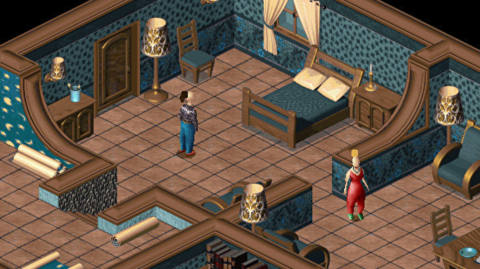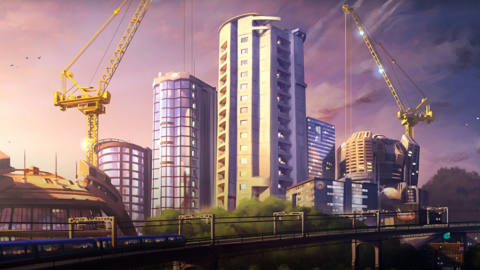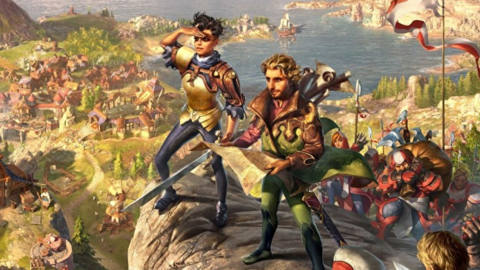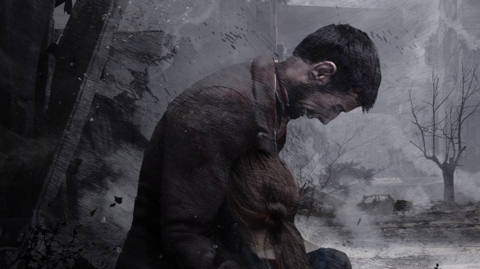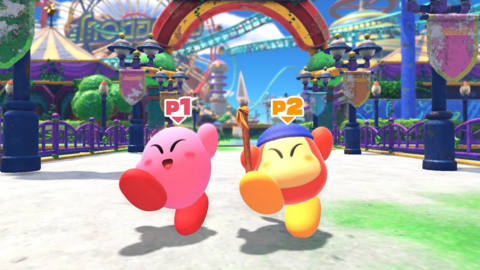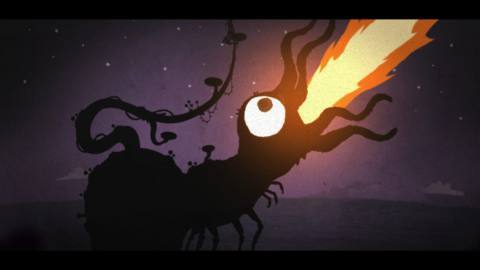
I’m not sure how funny Buster Keaton movies are these days – I assume there are moments that still work as pure gags. But these films of his remain wonderful, because Keaton was kind of the Tom Cruise of his age – or rather Cruise, who namechecks Keaton often in interviews – is the closest thing we have to the original. Keaton’s gags were almost always stunts, dangerous, brilliant, clearly visual stunts that moved the action forward while giving audiences something to gasp at. There’s nothing on the surface to make me think of the World of Goo games, and yet I think of Keaton constantly when I play.
Keaton’s world moves. I think that’s it. Its physics are dependable – and predictable, which is important for gags and for games – but the ground itself cannot be trusted. If Keaton’s sat on a steamboat’s wheel and he thinks he’s safe, we know that wheel’s going to start turning. If he’s climbing a ladder, we know that the ladder itself will start sinking into the mud. What then? Keaton has to vamp – to make the moment work. He has to over-engineer things to create a sense of new stability. That’s where you get the gag, where you get the fun.
This is everywhere in World of Goo. At the heart of the first game, which helped usher in the Indie era, and at the heart of the second, which has just arrived, bringing with it both new ideas and a lot of fond memories – at the heart of both you’re dealing with treacherous foundations. These games are bridge builders at their simplest. (Granted, they never stay simple for very long.) You have a pile of black goo lumps, and you can extend the lumps outwards to create rudimentary frames. The goal for each level is a pipe you have to reach, which will suck in any remaining goo balls. So build upwards in a tower to a pipe that’s lurking above you! Build outward as a bridge across a nasty gap.

